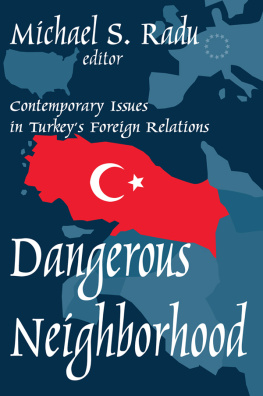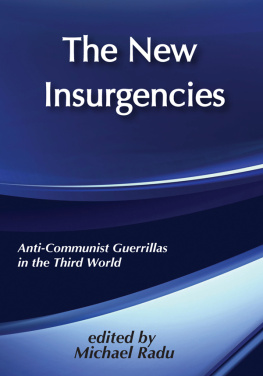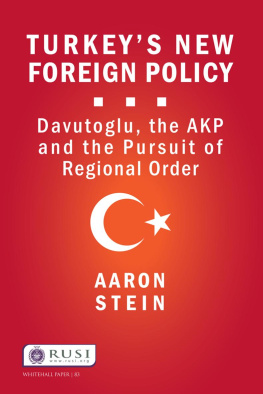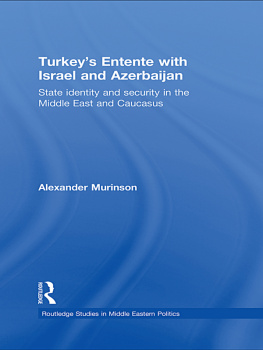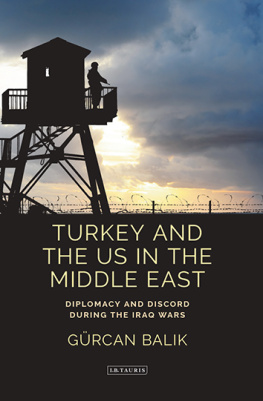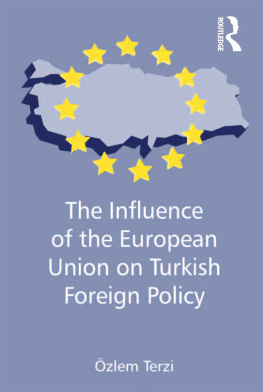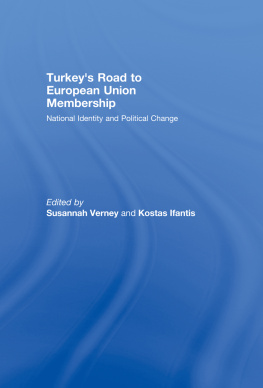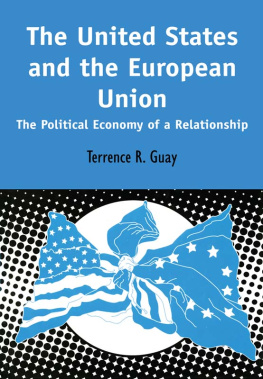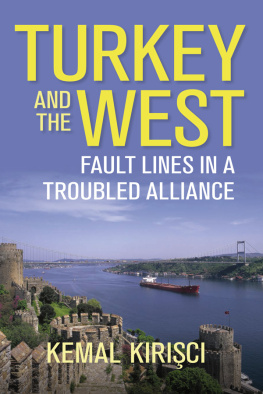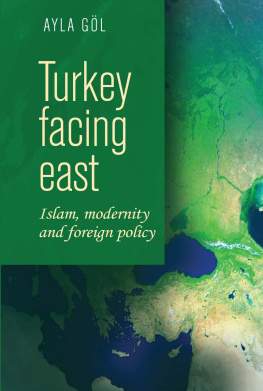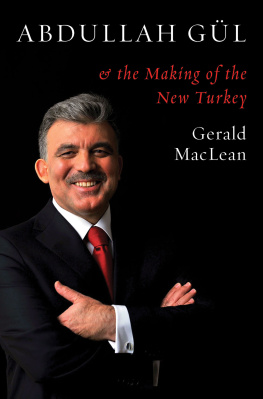In November 2001 the Ankara government announced that it would dispatch a contingent of 90 officers and noncommissioned officers to Afghanistan to train (Uzbek) elements of the United Front, as part of the U.S.led, antiTaliban coalition against terrorism. Foreign Minister smail Cem also subsequently announced that Turkey would send a much larger contingent as part of the international force being assembled for postTaliban Afghanistan, making Turkey the only Muslim state to do so openly. The announcement came at a time when polls showed the Turkish public to be 80 percent opposed to military participation and the government coalition in general to have no more than 10 percent popular support.1 One could wonder where here is loyalty to the legacy of reform from above left by Mustafa Kemal Atatrk, the legendary founder of the Turkish Republic These decisions speak volumes about the contemporary Turkish state and the nature of Turkish foreign policy making. The decisions underscore both Ankaras Kemalist legacy and the issues Turkey faces in shaping its relationships with the European Union and the United States.
The Search for Identity and Policy Problems
Foreign Minister Cems November announcements have to be seen in the context of the intenseand largely falsedebate continuing in Turkey today that has led to this apparently shaky democracy and contradictory foreign policy. That debate is about Atatrks legacy. This volume examines the parts of that legacy relevant to Turkeys foreign policy today, and the three distinct branches that have grown from it.
First are the Islamists, supported by some 15 to 25 percent of Turkish voters, who believe that Atatrks nationalism, secularism, and self-reliance are contrary to Islams notion of a religious community (umma) transcending national boundaries. These Islamists and their supporters also believe that the Turkish economic nationalism of the 1960s and 1970s was correct, and that economic development, which they define as consumerism, is contrary to Islam. But local elected politicians have the local interests of their electorate in mindhence such anomalies as a Turkish town trying to cash in on Santa Klaus.2
Second are those among the politically important and popularly supported military leadership, for the most part, as well as the civil servants of the Ministry of Foreign Affairs, who realize that Atatrks economic (as distinct from cultural and political) nationalism, as expressed by Ankaras import substitution policies during the 1960s and 1970s, has failed and is not a reliable underpinning for policies for today. Significant in this respect is a press conference held on January 8, 2002 by Gen. Hseyin Kvrkolu, the Chief of the General Staff of Turkeys military forces. Kvrkolu dealt with some decidedly non-military issues, such as corruption among civilian politicians, but also with security issues, including relations with Greece.3 Kvrkolu had no opinion on the issue of the banking sectors looming bankruptcy and complained about the European Unions failure to list Turkish terrorist groups on its list of terrorist organizations, but, reflecting a more general military skepticism about the EU, he stated that he had predicted that decision. Most interestingly, since the press conference statements reflect the consensus of Turkeys most important and popular institution, the general stated I think EU countries have some fears, since if they expel the terrorist organizations or make opposition to them, they become afraid of being a target of these organizations. They come to this situation as a result of their support of these organizations.4 He was not only expressing a popular Turkish opinion, he was also correct.
This leads to the third, and least influential or popular, element of Turkeys policy makersthe politicians, all civilian, most popularly discredited as corrupt and ineffective, none remaining in power long as the public tires of their inevitable cases of corruption.
Finally, from the 1960s on, and particularly since the 1991 collapse of the Soviet Union, there is the pull of the 4-million-strong Turkish diaspora in Western Europe, largely ethnic Turks and Kurds in Germany, who are far more nationalistic and Islamic-oriented than most Turkey natives are, and the tens of millions of Turkic speakers in the former Soviet republics of Azerbaijan, Turkmenistan, Uzbekistan, Khirghizstan, and Kazakstan, whose elites, if not necessarily their peoples, are interested in Turkeys unique mix of Islam and Western secular values.

